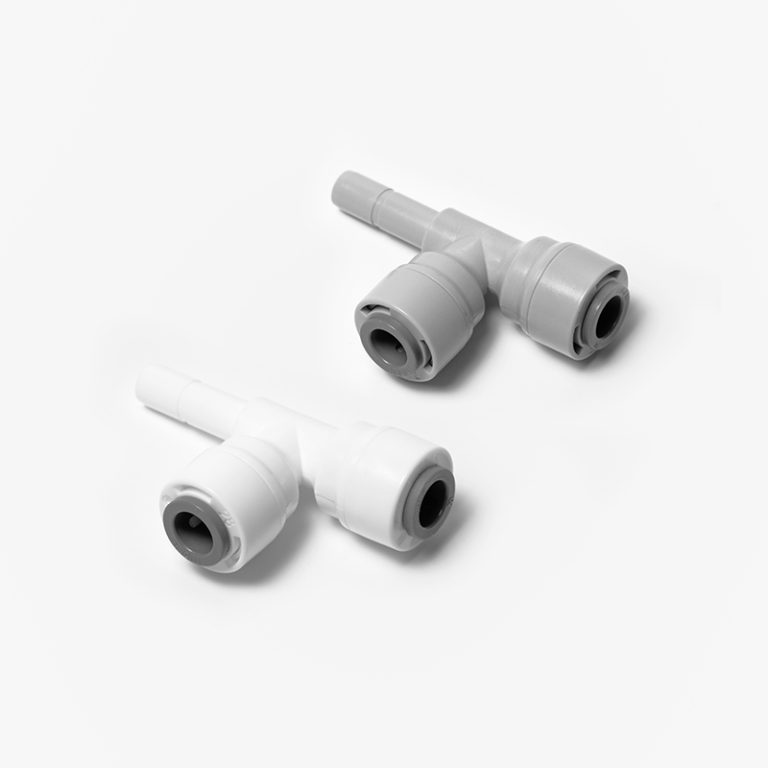The purpose of conductivity test: Assessing electrical conductivity for accurate measurements and efficient performance.
Importance of Conductivity Test in Industrial Processes
Conductivity testing is a crucial process in various industrial applications. It involves measuring the ability of a substance to conduct an electric current. This test is essential for ensuring the quality and safety of products, as well as for maintaining efficient and reliable industrial processes.
One of the primary purposes of conductivity testing is to determine the purity of a substance. Conductivity is directly related to the concentration of ions in a solution. Therefore, by measuring the conductivity, it is possible to assess the level of impurities present in a substance. This is particularly important in industries such as pharmaceuticals, food and beverage, and water treatment, where the presence of impurities can have serious consequences.
In the pharmaceutical industry, for example, conductivity testing is used to ensure the purity of drugs and other medical products. Impurities in medications can lead to adverse reactions or reduced effectiveness. By conducting conductivity tests, pharmaceutical companies can identify and eliminate impurities, thus ensuring the safety and efficacy of their products.
Similarly, in the food and beverage industry, conductivity testing is crucial for maintaining product quality. Contaminants in food and beverages can cause spoilage, affect taste, and pose health risks. By regularly testing the conductivity of ingredients and finished products, manufacturers can identify any potential contamination and take appropriate measures to prevent it from reaching consumers.
Conductivity testing is also vital in water treatment processes. Water is a universal solvent, meaning it can dissolve a wide range of substances. However, some dissolved substances, such as heavy metals or organic pollutants, can be harmful to human health or the environment. By monitoring the conductivity of water, treatment plants can detect the presence of these contaminants and implement appropriate purification methods to ensure the water is safe for consumption or other uses.
Another important purpose of conductivity testing is to monitor and control industrial processes. Conductivity is often used as an indicator of the concentration of certain substances in a solution. By continuously measuring conductivity, operators can ensure that the desired concentration levels are maintained, thus optimizing the efficiency of the process.

For example, in electroplating processes, conductivity testing is used to monitor the concentration of metal ions in the plating bath. Maintaining the correct concentration is crucial for achieving the desired plating quality and preventing issues such as uneven coating or poor adhesion. By regularly testing conductivity, operators can make adjustments to the plating bath to ensure optimal conditions.
In conclusion, conductivity testing plays a vital role in various industrial processes. Its primary purposes include assessing the purity of substances, ensuring product quality and safety, and monitoring and controlling industrial processes. By conducting regular conductivity tests, industries can identify and address any potential issues, thus ensuring the efficiency, reliability, and safety of their operations.






